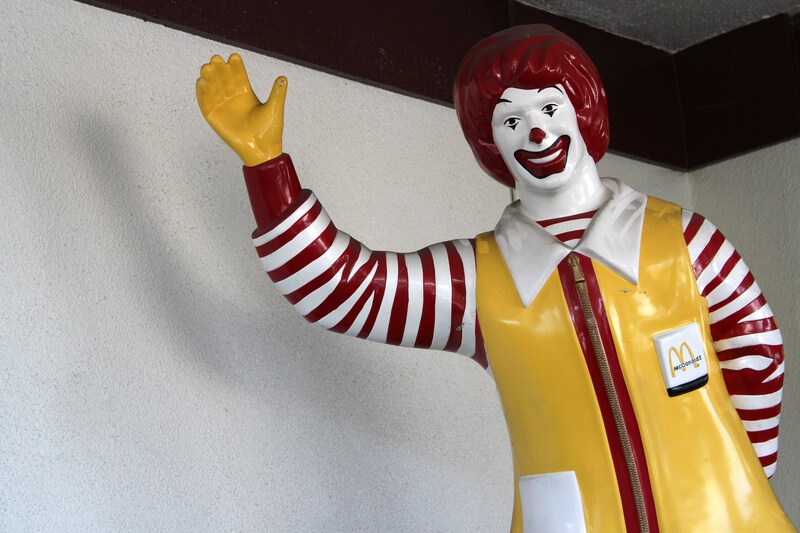On 12 January 2017, the Economist came out with its latest Big Mac index. Also known as the burger benchmark, the index compares the price of a Big Mac around the world. This catchy, if highly incomplete means of comparing the relative purchasing power of different currencies, uses the United States and the US$ as its base. Countries where Big Macs cost less than in the United States (in US$ terms) have weak currencies, and those where they are more expensive have overvalued currencies. © Ypkim | Dreamstime.comg Mac Switzerland won the top spot again for the most expense burgers. A Swiss Big Mac costs US$ 6.35 (CHF 6.50), compared to US$ 5.06 in the US. Based on the raw index, unadjusted for local purchasing power, Switzerland’s currency is 25.5% overvalued. A year ago in January 2016, it was 30.7% overvalued. After adjusting for purchasing power it is only 4% overvalued, slightly more than its adjusted overvaluation of 2.6% in January last year. Last year the British pound was hit hard by the Brexit vote. At US.73 (GBP £3.09), a British Big Mac is now 26.3% undervalued in US$ terms. Even after adjusting for purchasing power it is still 18.1% cheaper than in the US, suggesting an undervalued currency. The Economist also produces Big Mac index numbers using the euro and British pound as base currencies.
Topics:
Investec considers the following as important: Big Mac index Switzerland, Business & Economy, Editor's Choice, Personal finance
This could be interesting, too:
Investec writes The global brands artificially inflating their prices on Swiss versions of their websites
Investec writes Swiss car insurance premiums going up in 2025
Investec writes The Swiss houses that must be demolished
Investec writes Swiss rent cuts possible following fall in reference rate
On 12 January 2017, the Economist came out with its latest Big Mac index. Also known as the burger benchmark, the index compares the price of a Big Mac around the world. This catchy, if highly incomplete means of comparing the relative purchasing power of different currencies, uses the United States and the US$ as its base. Countries where Big Macs cost less than in the United States (in US$ terms) have weak currencies, and those where they are more expensive have overvalued currencies.

© Ypkim | Dreamstime.comg Mac
Switzerland won the top spot again for the most expense burgers. A Swiss Big Mac costs US$ 6.35 (CHF 6.50), compared to US$ 5.06 in the US. Based on the raw index, unadjusted for local purchasing power, Switzerland’s currency is 25.5% overvalued. A year ago in January 2016, it was 30.7% overvalued.
After adjusting for purchasing power it is only 4% overvalued, slightly more than its adjusted overvaluation of 2.6% in January last year.
Last year the British pound was hit hard by the Brexit vote. At US$3.73 (GBP £3.09), a British Big Mac is now 26.3% undervalued in US$ terms. Even after adjusting for purchasing power it is still 18.1% cheaper than in the US, suggesting an undervalued currency.
The Economist also produces Big Mac index numbers using the euro and British pound as base currencies. In January 2017, in raw numbers, using the British pound as a base, a Swiss Big Mac was 70.3% overvalued. Using a euro base it was 56.3% overvalued. On a purchasing power basis, the Swiss franc was 26.9% overvalued in pounds, and 6.1% overvalued in euros. A year earlier, Swiss franc overvaluation against both of these currencies was 11% on a purchasing power basis.
Raw or adjusted, Swiss Big Mac prices are hard to digest.
More on this:
The Big Mac index (The Economist website – in English)
